 "/>
"/>
The IUCN Species Survival Commission (SSC) Centers for Species Survival (CSS) network is built on a foundation of collaboration, knowledge exchange and collective action to drive species recovery worldwide.
 "/>
"/>
The IUCN Species Survival Commission (SSC) Centers for Species Survival (CSS) network is built on a foundation of collaboration, knowledge exchange and collective action to drive species recovery worldwide.
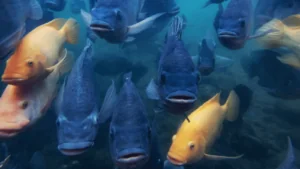 "/>
"/>
A new Global Freshwater Fauna Assessment shows that a quarter of freshwater animals are at risk of extinction.
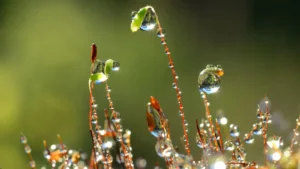 "/>
"/>
Mosses are amazing! Bryophytes soak up water when it rains and slowly release it during dry spells. They also prevent erosion, protect water quality, support wildlife, and act as natural air cleaners.
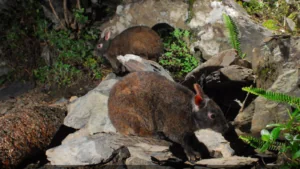 "/>
"/>
For the first time an invasive species was completely removed from a large island. How did our Japanese colleagues do it? And what does that mean for the rest of the world?
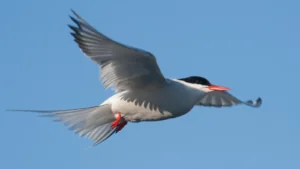 "/>
"/>
Every year, billions of birds make seasonal movements called migrations. Along the way, they utilize stop-over habitats to refuel, and for many of these birds, insects are on the menu.
 "/>
"/>
North America is the world’s hotspot for freshwater mussels, with more than 300 species! Freshwater mussels have filtration “superpowers” that allow them to clean water, recycle and store nutrients.
 "/>
"/>
Freshwater fungi are an indispensable part of freshwater ecosystems. They may be microscopic in size, but they pack a punch when it comes to ecological function.
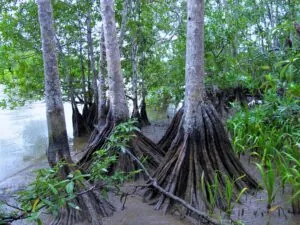 "/>
"/>
Mangrove forests once fringed most of the world’s protected tropical coastline but have historically suffered significant losses due to coastal aquaculture, agriculture, and urban development.
 "/>
"/>
The Indianapolis Zoo has selected the ten finalists in the running for its $1 million Saving Species Challenge.
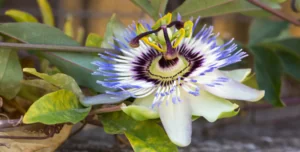 "/>
"/>
Not only are native plants beautiful and beneficial, but they’re also easier to care for! This Native Plant Month, consider growing some locals.